Biotech entrepreneurs passing baton
Updated: 2016-07-20 11:26
By Lia Zhu in San Francisco(China Daily USA)
|
||||||||
Biotechnology entrepreneurs who were born in China and trained in the US in the 1980s and 1990s are playing an essential role in the industry and are expected to cultivate another younger generation of Chinese entrepreneurs, according to Kenneth Fong, founder and chairman of Kenson Ventures, a Palo Alto-based venture capital firm with a focus on biotech startups.
Large numbers of Chinese students began coming to the US in the mid-1980s for higher education in biotechnology, and many of them, now in their early 50s, are biotech scientists in pharmaceutical or biotech companies in the US and some are successful entrepreneurs, said Fong.
"This generation of successful entrepreneurs is expected to cultivate another younger generation of Chinese entrepreneurs in the future and that would be my earnest hope," said Fong, who has invested in biotech companies founded by Chinese Americans.
Among them is Advanced Cell Diagnostics (ACD), a Newark, California-based company founded by Yuling Luo in 2006. The team developed an innovative and unique technology to use RNA as probes to detect cancerous tissue and determine the progress of the disease.
Early this month, ACD was acquired by Bio-Techne Corporation, a Minneapolis-based developer and manufacturer of high-quality purified proteins, for $250 million in cash plus future milestone payments of $75 million.
ACD's technology - RNA-ISH - facilitates and improves the monitoring at the single-cell level.
With broader adoption of the technology, it has the potential to revolutionize diagnostic practices in oncology, infectious disease and others, said Bio-Techne.
The amount paid by Bio-Techne is 1o times sales revenues of ACD, which reached a level of about $25 million over the last twelve months.
"It is probably one of the highest multiples in the recent biotech transactions," said Fong. "And no company founded by a Chinese American has reached this high a multiple of sales."
The previous record was held by Fong, whose Clontech Laboratories Inc, a molecular biology company, was acquired at $200 million by Becton, Dickinson and Company in 1999, according to Fong.
The growth of Chinese American entrepreneurs in the life science industry will benefit China in terms of meeting the country's surging demands on healthcare and at the same time the huge market in China promises enormous opportunities, Fong said.
"The economic growth and GDP growth means an increasing health and medical budget," he said. "India's GDP is about a quarter of China's. China will achieve faster growth in biotech industry than India and even the US."
ACD has set up an office in China and is building a research and development team to explore the best way into the Chinese market and how to leverage the resources and talent there.
“The potential of the market is promising for a long term,” said Luo. “The cancer rate in China has been increasing over the last decade, and people are able to afford more expensive technology.”
Luo said China also had a lot more talent now than 10 years ago when his company was founded. More Chinese-American entrepreneurs with Western training background had chosen to return to China and start up their own projects, bringing back new ideas, concepts and technologies, he said.
Overseas Chinese students in the US have formed a Chinese-American biotech community and play an important role in bridging the biotech exchanges and cooperation between the two countries, said a report by the China Chamber of International Commerce, citing figures that up to half of overseas Chinese students majored in biotechnology and medicine before 2000.
liazhu@chinadailyusa.com
- Fire guts Emirates jet after hard landing; 1 firefighter dies
- Egypt's Nobel-laureate scientist dies of illness in US
- THAAD muscle flexing unmasks anxiety over declining hegemony
- British police say mental health a significant factor in London knife attack
- Paragliding fans fly over Rigi mountain in Switzerland
- DPRK fires 1 ballistic missile into east waters
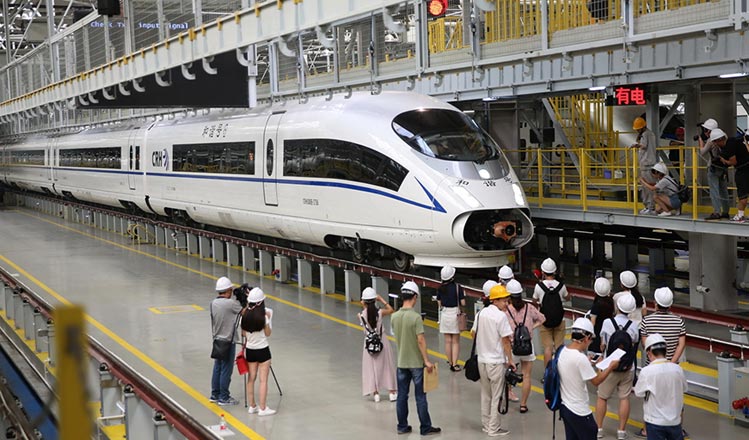
 World's fastest bullet train to start operating next month
World's fastest bullet train to start operating next month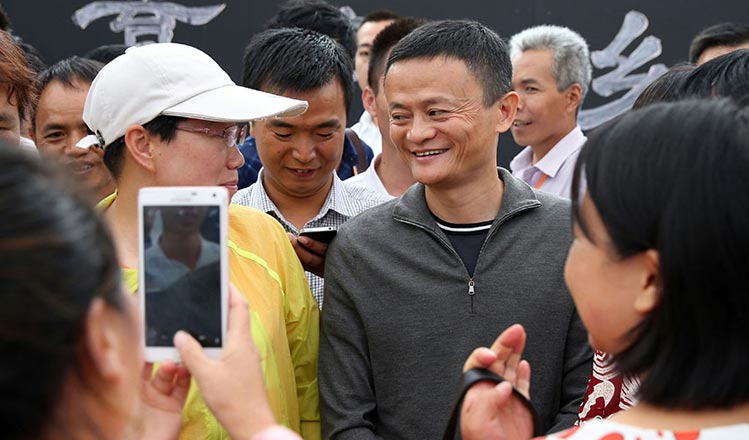
 Jack Ma visits rural school, meets teachers
Jack Ma visits rural school, meets teachers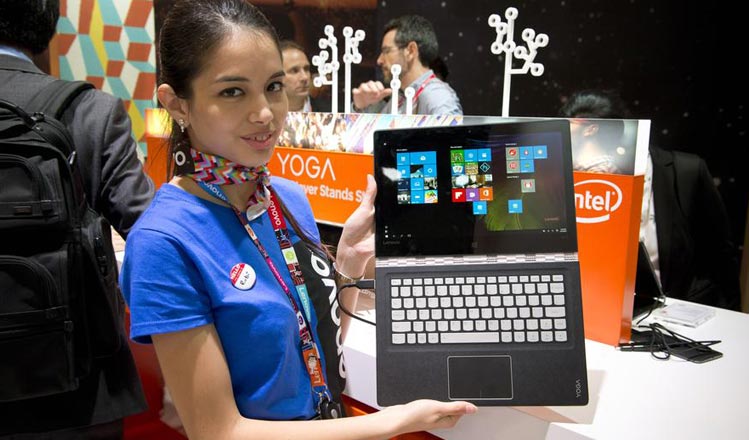
 Top 8 global market leaders from China
Top 8 global market leaders from China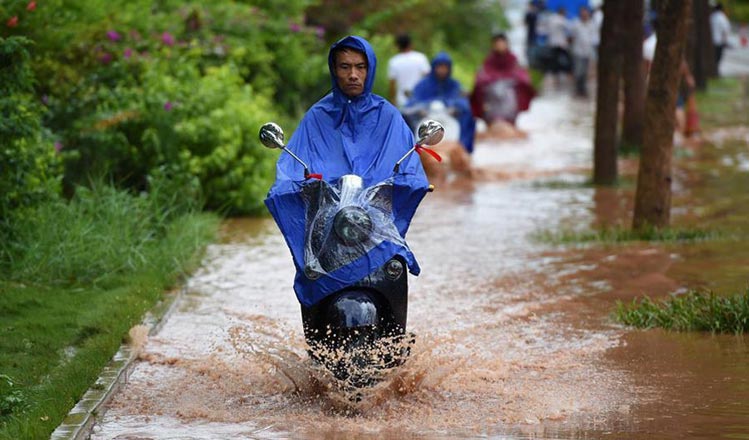
 After Typhoon Nida, torrential rain hits S. China
After Typhoon Nida, torrential rain hits S. China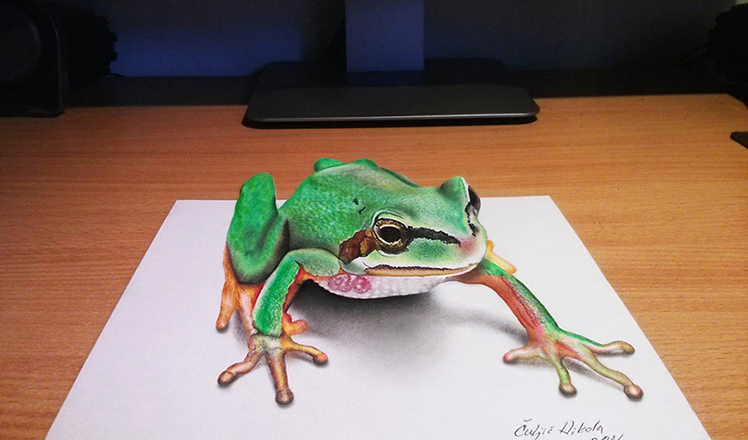
 Serbian artist creates incredible 3-D art
Serbian artist creates incredible 3-D art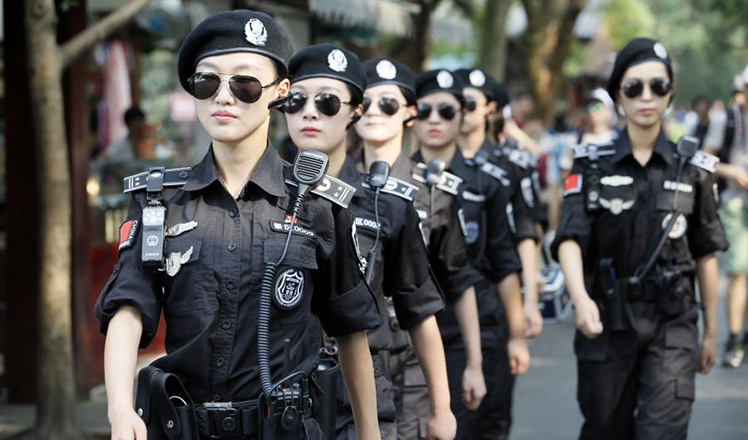
 Glimpse into the work and life of G20 guards
Glimpse into the work and life of G20 guards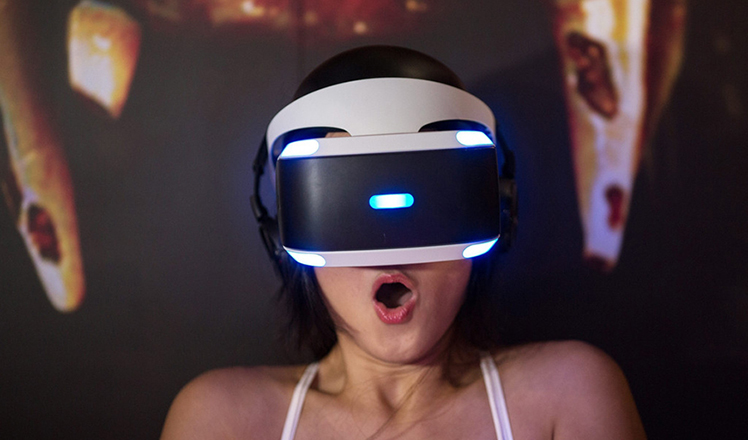
 Shopping and throwing Frisbee in virtual reality
Shopping and throwing Frisbee in virtual reality
 Take a closer look at the life in Rio Olympic Village
Take a closer look at the life in Rio Olympic Village
Most Viewed
Editor's Picks

|

|

|

|

|

|
Today's Top News
US launches airstrikes against IS targets in Libya's Sirte
Ministry slams US-Korean THAAD deployment
Two police officers shot at protest in Dallas
Abe's blame game reveals his policies failing to get results
Ending wildlife trafficking must be policy priority in Asia
Effects of supply-side reform take time to be seen
Chinese State Councilor Yang Jiechi to meet Kerry
Chinese stocks surge on back of MSCI rumors
US Weekly

|

|